An Epidemic Within a Pandemic: Safeguarding Myanmar's Newborns From Hepatitis B During COVID-197/27/2020
"We have a real opportunity here to push back hepatitis B. With the right approach, we can free a generation of children in Myanmar from this debilitating and deadly virus.” Seven years ago, Khin Aye went for a routine prenatal check-up while pregnant with her first child. The hospital staff conducted a blood test. “When the test came back, they told me I had hepatitis B.”
For ethnic health providers in Myanmar to persuasively make the case for increased funding to support comprehensive care, they need to provide clear evidence of needs and results. Community Partners International (CPI) and the Karen Ethnic Health Organizations Consortium (KEHOC) are working together in Kayin State and Bago Region to standardize services and staffing and collect and use population data to measure, verify and improve health services under a pilot purchasing model.
On October 9, 2019, national and international hepatitis experts and health providers gathered in Nay Pyi Taw, Myanmar, to review the findings of a one-year research project led by Community Partners International (CPI) to assess a simplified antiviral treatment strategy for hepatitis C. Through this project, CPI and partners are seeking to demonstrate that effective treatment of hepatitis C in Myanmar is viable and affordable using new diagnostic and treatment approaches.
Community Voices: "I am happy because I know both me and my baby are going to be healthier."7/24/2019
Ma Hnin, 26, lives in South Dagon township, a suburb to the northeast of Yangon, Myanmar's commercial capital. Ma Hnin’s family moved to South Dagon six years ago from a village further east. “It is easier to earn money in Yangon. That’s why my family moved here,” she says. Ma Hnin lives together with her parents, husband and two children - a three-year-old daughter and three-month-old son. Her husband and father both work for a local saw mill. Just over three years ago, when she was pregnant with her first child, Ma Hnin found out that she was hepatitis B positive.
Breaking the Cycle: Preventing Mother-to-Child Transmission of Hepatitis B in Peri-Urban Yangon2/25/2019
On February 15, 2019, around 50 pregnant and reproductive-age women in the Yangon suburb of South Dagon, Myanmar, gathered to learn about the hepatitis B virus (HBV), including the nature of HBV, transmission pathways, treatment options and prevention. This health education session was part of a pilot study, led by Community Partners International (CPI) in collaboration with the Myanmar Liver Foundation (MLF) and the B. K. Kee Foundation, to develop a workable and effective community-based model to prevent mother-to-child transmission of HBV in low-income peri-urban communities in Myanmar.
On October 20 and 21, 2018, the B. K. Kee Foundation hosted the second Myanmar Liver Symposium in Yangon, Myanmar, in collaboration with the Myanmar Ministry of Health and Sports, the Myanmar Liver Foundation, Stanford University School of Medicine’s Center for Innovation in Global Health and Community Partners International (CPI). Dr. Thet Khaing Win, Permanent Secretary of the Ministry of Health and Sports, Dr. Tin Myo Win, Chairman of the Union Peace Commission and U.S. Ambassador to the Republic of the Union of Myanmar Scot Marciel gave the welcoming remarks.
Effective policymaking in health care requires a strong evidence base generated through best-practice research. As Myanmar moves forward with the implementation of the National Health Plan and the goal to achieve Universal Health Coverage by 2030, the ability to draw on existing national and global research and commission new research to inform and guide policymaking will be a crucial component in the success of these initiatives and Myanmar’s longer-term health systems strengthening objectives. Community Partners International (CPI) is working collaboratively with a broad group of key stakeholders to strengthen the evidence base for health policymaking in Myanmar.
From April 9-11, 2018, Community Partners International (CPI) and the Health Information Systems Working Group (HISWG) co-hosted the first Eastern Border Public Health Research Forum in Mae Sot, Thailand, with support from Queen’s University, Ontario, Canada and Johns Hopkins University Bloomberg School of Public Health, Baltimore, USA. The forum brought together ethnic and community-based health organizations delivering health services in eastern Myanmar and international advisors with expertise in public health research. Together they explored public health research approaches and methodologies, and strategized priority areas for future research in eastern Myanmar.
|
AuthorCPI Admin Archives
July 2024
Categories
All
|
|
|
COMMUNITY PARTNERS INTERNATIONAL
580 California St Fl 16, Ste 1658, San Francisco, CA 94104-1068, USA [email protected] +1 510 225 9676 We are a registered nonprofit 501(c)(3) Public Charity. TAX ID 94-3375666 |
©
Community Partners International

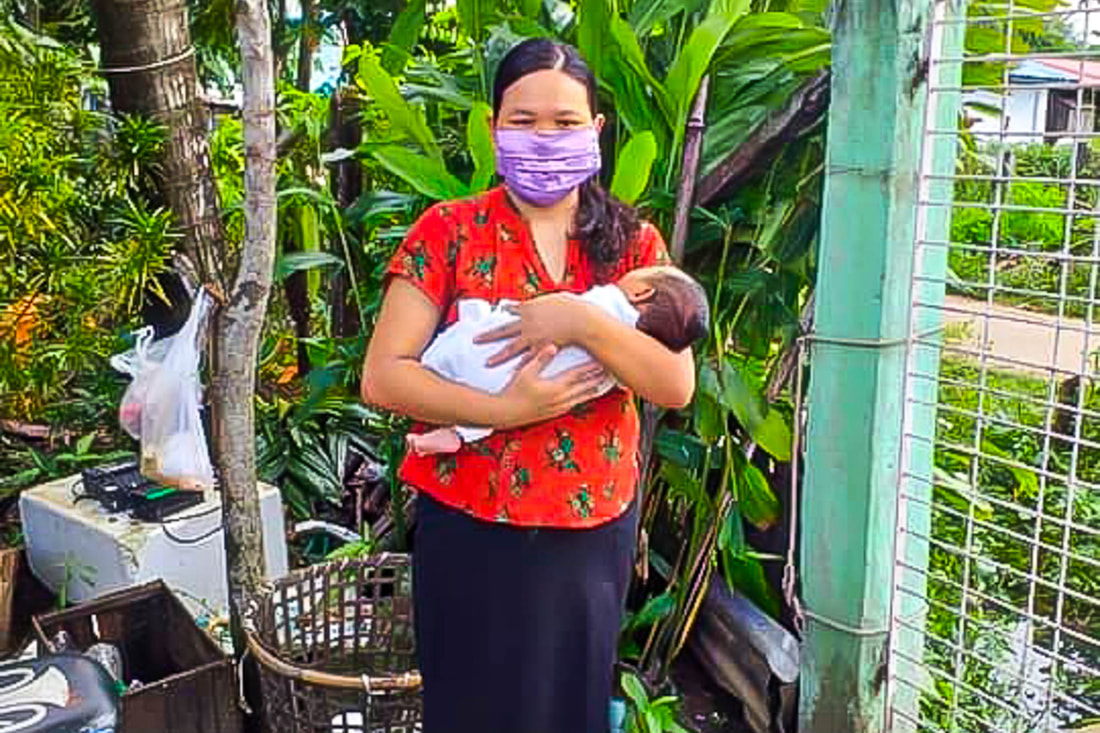
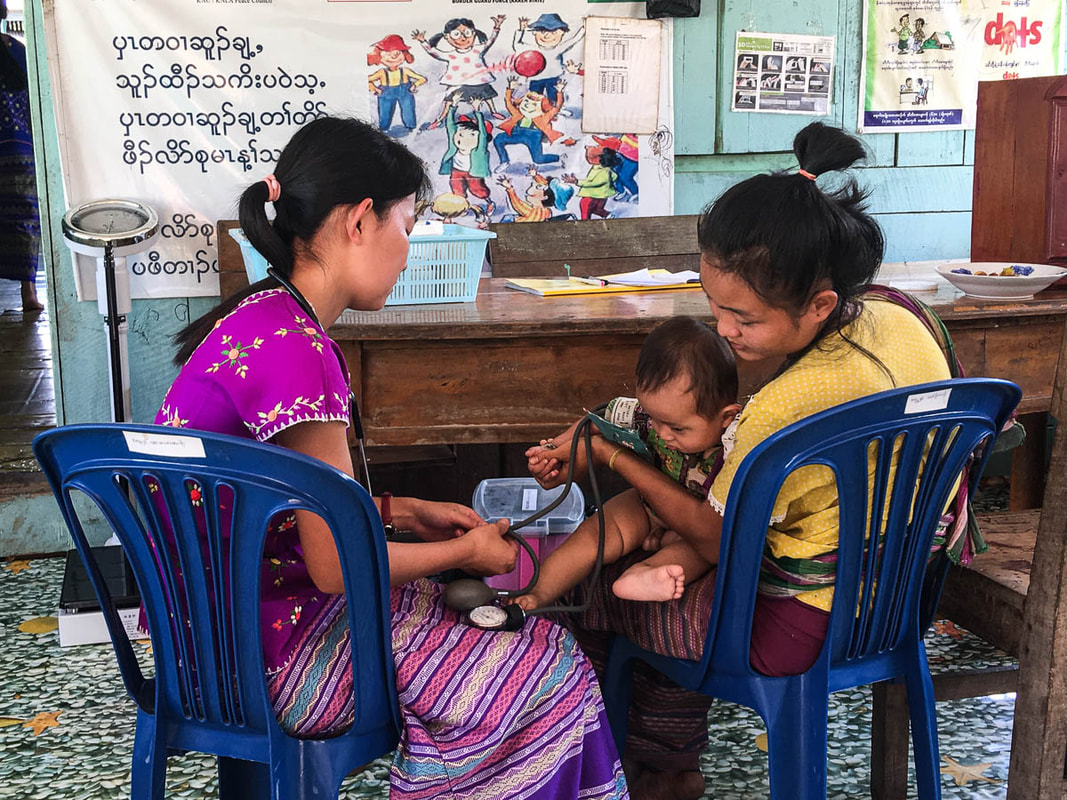
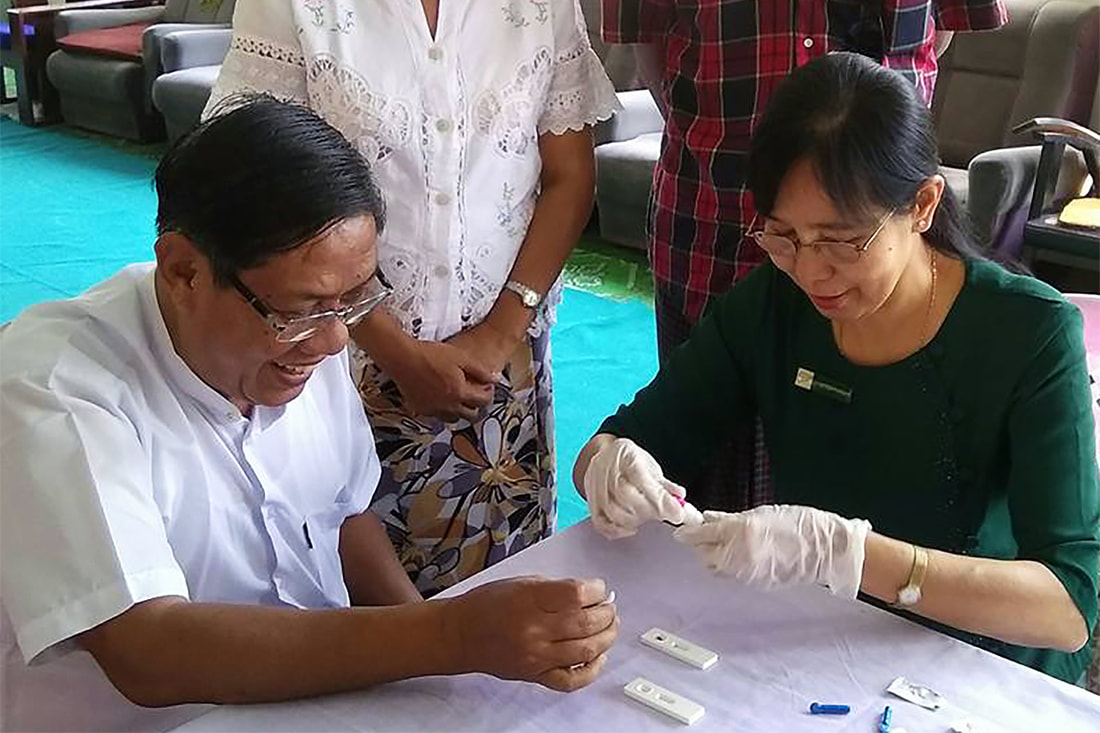
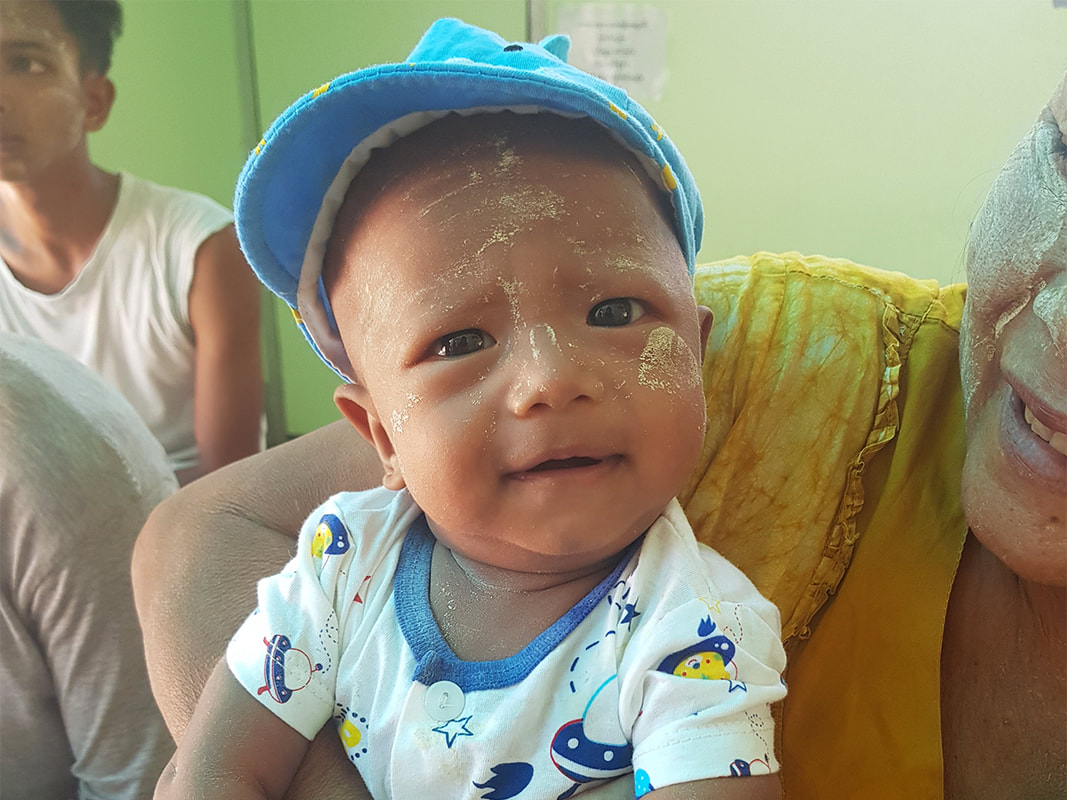
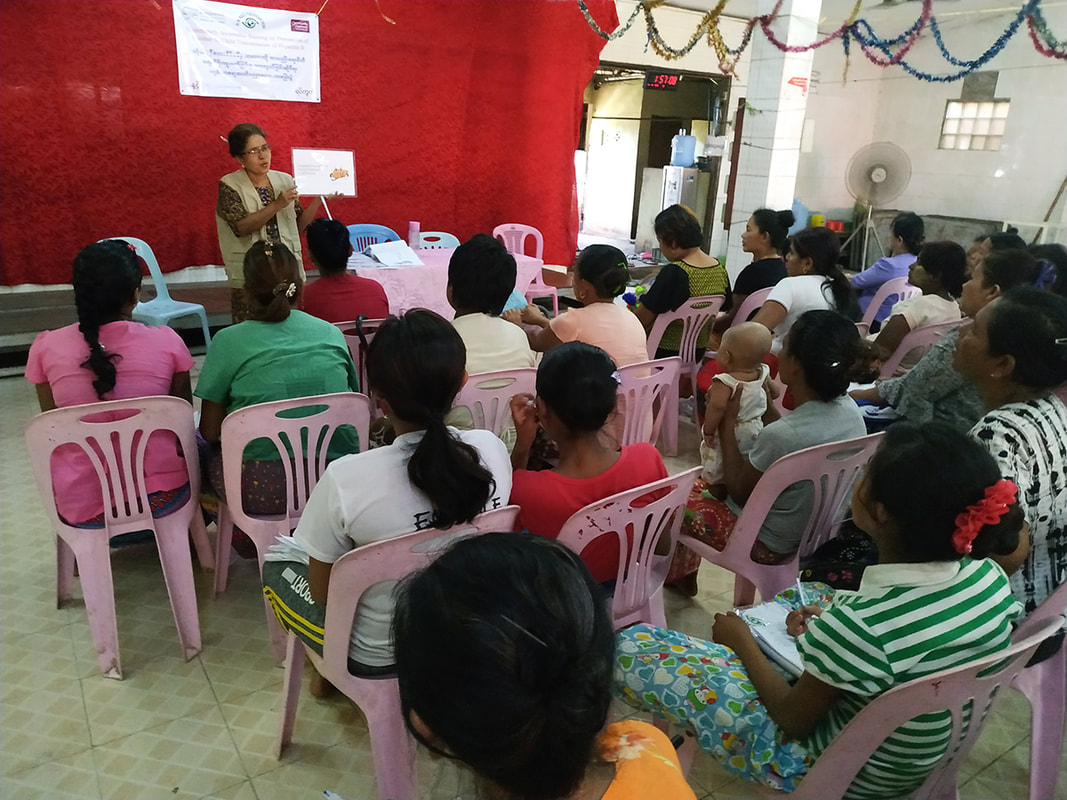
 RSS Feed
RSS Feed
